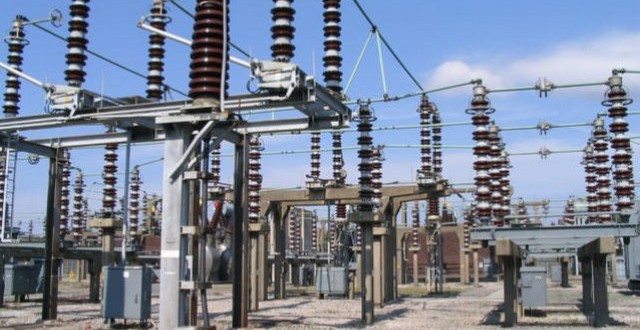Eleven privatised Distribution companies (Discos) are on the brink of setting their own separate electricity tariffs to be approved by Nigerian Electricity Regulatory Commission (NERC).
Speaking for the Discos yesterday shortly after the Monthly CEOs meeting at NERC in Abuja, Managing Director of Ikeja Electricity Distribution Company (IKEDC), Mr. Abiodun Ajifowobaje said it was better since they have better knowledge of their respective Discos.
Recall that non-residential consumers recently pressed and a got a 50percent average cut in tariff by removing the collection losses across the Discos from the reviewed Multi Year Tariff Order (MYTO) 2.1 implemented on January 1 this year.
Ajifowobaje said, “The good thing about the tariff regime now is that NERC, the regulator has given us the power to go and prepare our own tariff and submit, that they will review it and approve as necessary.
“But one of the key issues lies that even before we submit the tariff, we must pass it through the consumers and say this is the tariff we want to charge you and we have to convince you that this is the cost-reflective tariff that will keep us in business.
So immediately we are able to do that, we will bring it to NERC and the process will go on and if they approve it, we will now implement as appropriate,” he added.
Reacting to this, NERC Chairman, Dr. Sam Amadi said, “We have been having public hearings but the difference there is that the responsibility for tariff setting, for generating the data and the cost will be squarely that of the Discos for three benefits.
“They are the ones who know the actual cost of serving their customers; they better know their customer profile and know how the costs can better be distributed, and thirdly, we will help them now to interface more with their consumers because they are the people who will pay the tariff,” he continued.
Amadi however acknowledged that expectations in the electricity market have not been fully met “because of low supply of power which now created sheer reactions in terms of lack of financing to upgrade facilities and of course low supply hours.”
Although newsmen questioned the new responsibilities of the Discos fearing they may increase tariff with no inputs from their consumers, but NERC however explained that the methodology is such that the Discos will prepare their revenue requirement and will consult with consumer groups about the rate of increase they are proposing.
Justifying this Amadi said, “Our job will be to attend those forums and observe what is going on and they will send us a report showing they have done consultation. It puts a restraint for unreasonable tariff reviews and consumers will now need to be enlightened on the process.”
On metering, the Discos said they have been doing a study for long on the type of meters that is suitable for a particular area and the distribution system, and then come out with a robust metering plan.
“Most of us have concluded this and probably before the end of May, most of us will start rolling out these meters in large numbers and when they are completed, estimated billing will not be an issue again,” he said.
Representing the Generation companies (Gencos), Shiroro Genco’s Managing Director, Mr. Peter Olubunmi said evolution of generation networks is still low in this country in this period.
Speaking on complaints about poor power supply Olubunmi said, “Gas-fired Gencos are struggling hard on how to evolve with the growing nature of gas delivery to their plants. For the hydro plants that are available, this is a season that the water is low and generation has become low compared to what you will get from August.”

